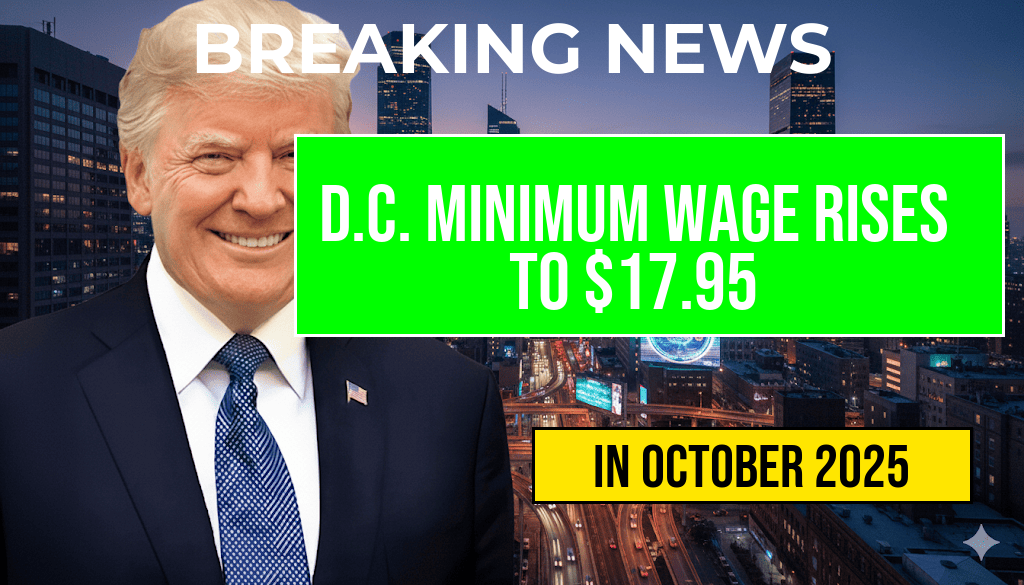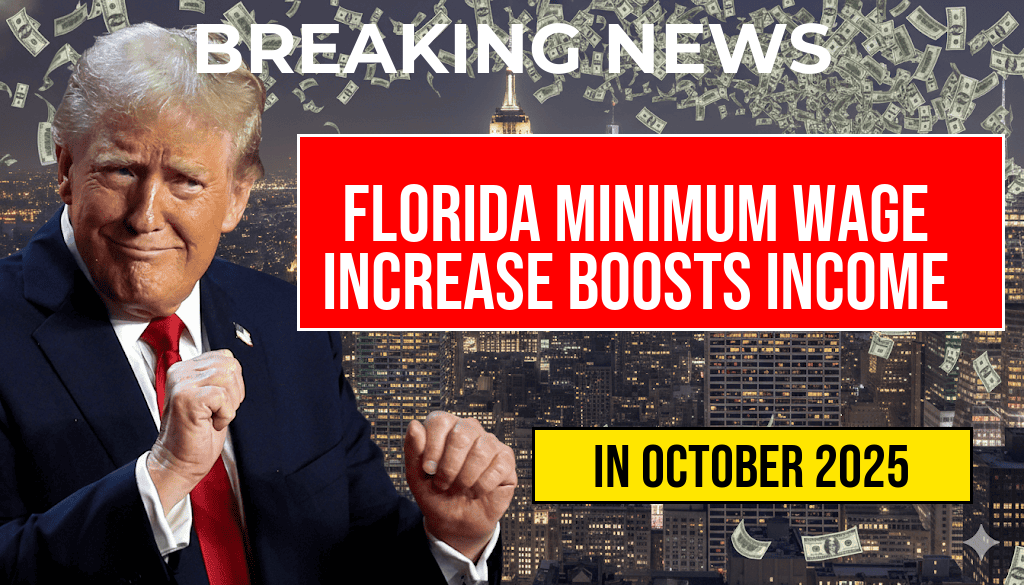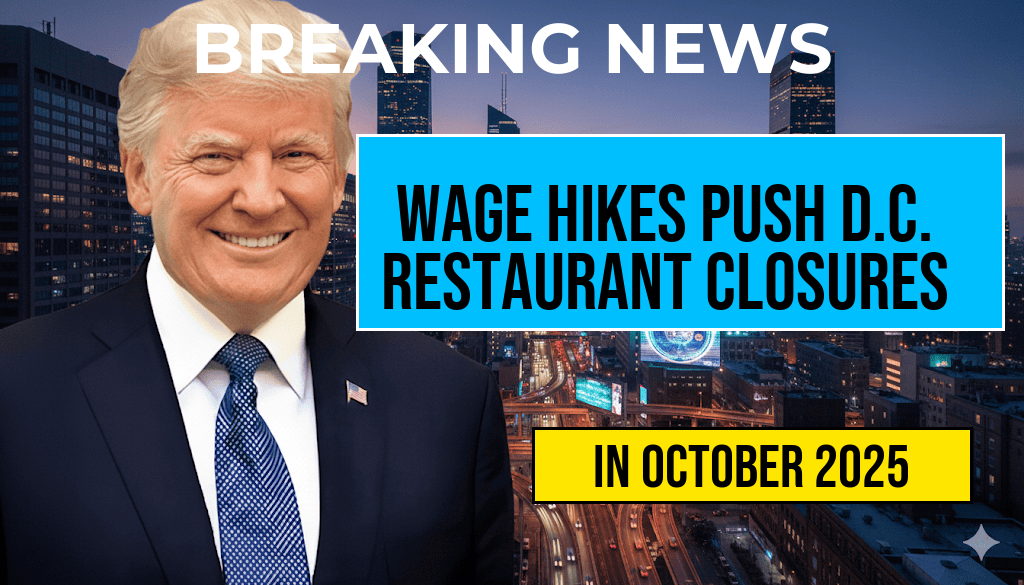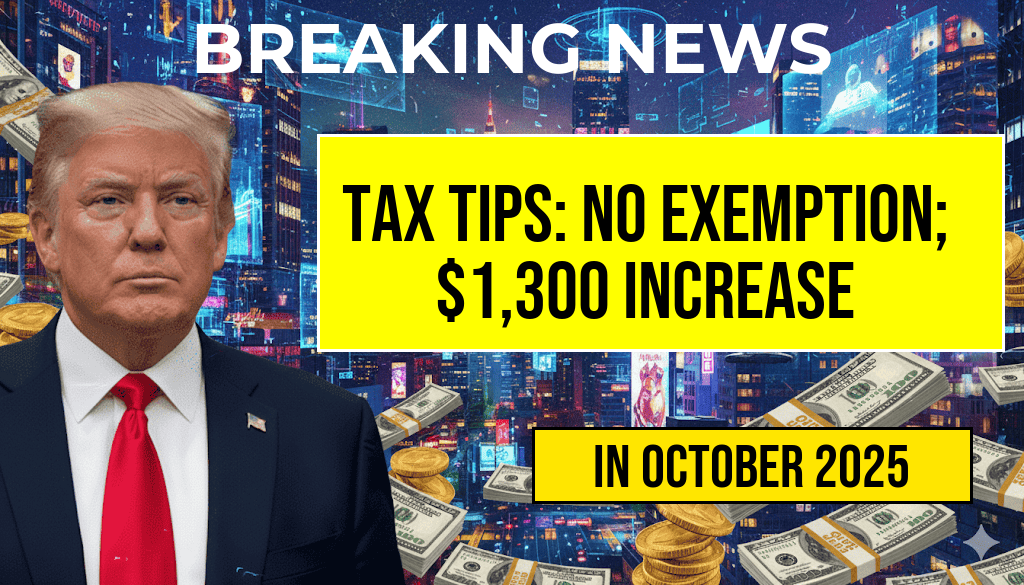The District of Columbia has announced a scheduled increase in its minimum wage, effective immediately, raising the base rate from $17.50 to $17.95 per hour. This adjustment translates into an additional $0.45 per hour for workers, equating to approximately $936 annually for full-time employees working 40 hours per week. The move reflects ongoing efforts by city officials to address the rising cost of living and ensure a more equitable wage floor for low-income workers across the city. The increase, while modest in percentage terms, underscores D.C.’s commitment to progressive wage policies amid broader economic challenges and inflation pressures. Employers and employees alike are adjusting to the new rate, which impacts a significant portion of the city’s workforce, particularly in retail, hospitality, and service sectors.
Details of the Wage Increase and Its Scope
How the Increase Was Determined
The D.C. government’s decision to raise the minimum wage is rooted in annual inflation adjustments mandated by local legislation. The city’s minimum wage law, which has been in place since 2016, ties wage increases to the Consumer Price Index (CPI). This year’s adjustment reflects a CPI increase of approximately 2.6%, resulting in a $0.45 per hour hike. The adjustment aims to help workers keep pace with inflation, which has been fueled by rising energy costs, supply chain disruptions, and broader economic conditions.
Impact on Workers and Employers
For workers earning the minimum wage, the increase adds about $936 annually based on a standard 40-hour workweek. This boost is expected to benefit thousands of employees across the city, especially in sectors heavily reliant on entry-level or hourly workers. Employers face the challenge of balancing higher labor costs with the need to remain competitive, though many have already begun adjusting their budgets and staffing strategies to accommodate the new wage floor.
| Current Hourly Wage | New Hourly Wage | Annual Increase (based on 40 hours/week) |
|---|---|---|
| $17.50 | $17.95 | $936 |
Legal and Policy Context
Historical Background of D.C. Minimum Wage Laws
The District of Columbia has consistently positioned itself as a leader among U.S. cities in establishing higher minimum wages. Since the adoption of the Fair Wages for Workers Act in 2016, the city has committed to gradually increasing its minimum wage to reach $15.00 by 2020, with subsequent annual adjustments tied to inflation. The current rate surpasses many neighboring jurisdictions, emphasizing D.C.’s approach to fostering economic equity.
Future Wage Projections
Looking ahead, the city’s legislation envisions further adjustments aligned with CPI increases. Officials have indicated that if inflation continues at current levels, additional modest increases could be implemented over the next few years. City policymakers emphasize that these steps are part of a broader strategy to reduce income inequality and support economic stability for low-wage workers.
Economic and Community Reactions
Reactions from Labor Groups and Advocacy Organizations
Labor unions and workers’ rights advocates have welcomed the wage hike, viewing it as a positive move toward reducing economic disparities. David Green, president of the D.C. Workers’ Alliance, stated, “Every dollar added to the minimum wage helps hardworking residents afford basic necessities, from rent to groceries. This increase is a step in the right direction, but many argue that more substantial raises are needed to keep pace with the cost of living.”
Business Community Perspectives
Some local business owners express concern about increased labor costs, particularly small businesses operating on thin margins. Sara Lopez, owner of a downtown café, remarked, “While we support fair wages, the cumulative effect of multiple annual increases could challenge our staffing budgets. We hope there will be support measures or phased approaches to help businesses adapt.”
Broader Economic Implications
Cost of Living Considerations
The latest wage adjustment arrives amid ongoing discussions about affordability in the District. According to recent reports from the D.C. Department of Housing and Community Development, rent prices and living expenses continue to climb, putting additional pressure on minimum-wage earners. The wage increase aims to mitigate some of these pressures but may not fully offset rising costs in sectors such as housing and transportation.
Potential Effects on the Local Economy
Economists suggest that moderate wage increases can improve consumer spending power, potentially stimulating local businesses. However, there is also concern about inflationary feedback loops, where higher wages lead to increased prices. City officials maintain that balancing wage growth with economic stability remains a key priority.
Resources for Workers and Employers
- For more information on D.C.’s minimum wage policies, visit the District of Columbia’s official website.
- Employees seeking assistance or guidance can contact local workforce development agencies or visit D.C. Department of Employment Services.
- Businesses interested in understanding compliance requirements can consult the D.C. Municipal Regulations.
Frequently Asked Questions
What is the new minimum wage in D.C. as of the recent increase?
The minimum wage in D.C. has increased to $17.95 per hour.
How much does the minimum wage increase by per hour?
The minimum wage has increased by $0.45 per hour.
What is the annual earning increase for workers due to this minimum wage hike?
Workers will see an annual increase of approximately $936 in their earnings because of the wage increase.
When did the minimum wage increase take effect?
The wage increase took effect recently, reflecting the updated rate of $17.95 per hour.
Who is affected by the minimum wage increase in D.C.?
The minimum wage increase affects employees earning the minimum wage in D.C., including workers in various industries who are paid hourly.






